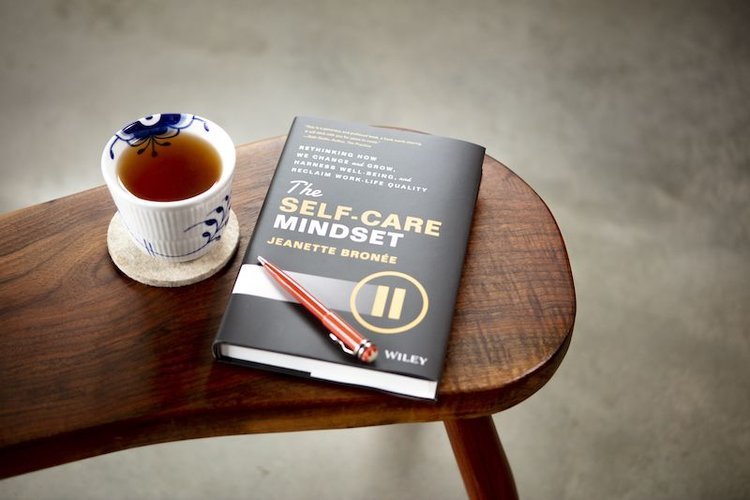We self-care better together
Who Cares?
We often wonder this, don’t we? After my parents passed away, the biggest void in my life was to know someone cared about me, even when they weren’t physically around. It was this “I have your back” kind of care that I believe is so essential for us as human beings to feel that we matter and belong.
It happens at work too. It’s a basic human need to feel seen and that we matter. It’s part of why we have such a hustle culture I think, and it’s also part of why we find people disengaging because they feel their work doesn’t makes a difference. I saw this over and over when I was coaching. The interesting twist here is that disengagement is one of the steps of burnout, which we think comes from simply working too much.
But what if that’s not the case?
What if we burn out because we don’t feel seen, heard, and valued? What if part of why we burn out is because we feel like we can never do anything right?
We don’t actually just burn out from working too much, we burn out from worrying too much and feeling like we don’t matter.
TO KNOW THAT SOMEONE CARES
One of Seth Godin’s recent blog posts was entitled, “I’m not that smart.” Like Seth, I agree it's heart-breaking when someone says that and believes that about themselves. The inner dialog that goes on inside our heads all day long, getting us stuck in the pothole of what’s going wrong and not being able to see the way forward is such a lonely feeling. And by the way, it’s also a waste of time because there’s a good chance that you are quite smart.
The thing that happens when we believe we can’t do something is we stop trying. I’ve heard it many times when coaching people. So when we say this about ourselves, we stop looking for how to learn, and when we become disengaged, we stop being curious about what’s possible —which is key to harnessing change and grow.
We also stop feeling happy and you could even argue that we stop “living”. Not in the physical sense, of course. But in the sense that exploring, learning, and changing is part of what inspires us and how we have evolved for centuries. To be curious and creative in our problem solving, we must also feel safe because there is no exploration without feeling safe. For us to thrive at work, we must stop running on fear-driven mode and instead start working on a care-driven mode so that we can reclaim agency by being curious and courageous and it starts with feeling that someone cares about us—that someone has our back.
YOU MATTER
I often discuss with leaders that it’s not their job to care for their people, but rather to care about their people. But what does that really mean? It means that we listen and ask questions. That we are present and truly listen to the people we are having conversations with. It means to be curious about what’s going on with them and to be helpful in finding a way forward, navigate change, and harness growth. Or maybe just get through the day and it’s stressors and challenges.
Whether we’re smart or not isn’t the point here. The point is how we think about ourselves and what it means when this is the belief-system that we show up with in the world and at work. Even if someone truly isn't that smart, who cares enough about them as human beings (not the task they are struggling with) to ask what they need so they can learn or to ask them to consider what would be possible and instead encourage them get curious about finding a way? What does it look like to feel that someone has your back? As a leader, do you have the tools to show your people you care about their growth by asking them questions?
I wrote The Self-Care Mindset to give people tools to become more of who they are, to harness their human advantage, and ask for the support they need to do so.
How do we care better together? How do we show each other that we care? How do we cultivate the shared care that makes us thrive by cultivating a work-place culture where asking for help and support is the new normal?
This may seem like a big ask, but it doesn’t have to be.
Care is a choice. It’s a choice whether or not we care enough to ask questions of ourselves and each other. It’s a choice whether or not we truly listen. We can navigate the challenges ahead when care leads the way, because we self-care better together.
What if showing that we care is to learn to listen?
Rethinking How We Change and Grow, Harness Well-Being,
and Reclaim Work-Life Quality



